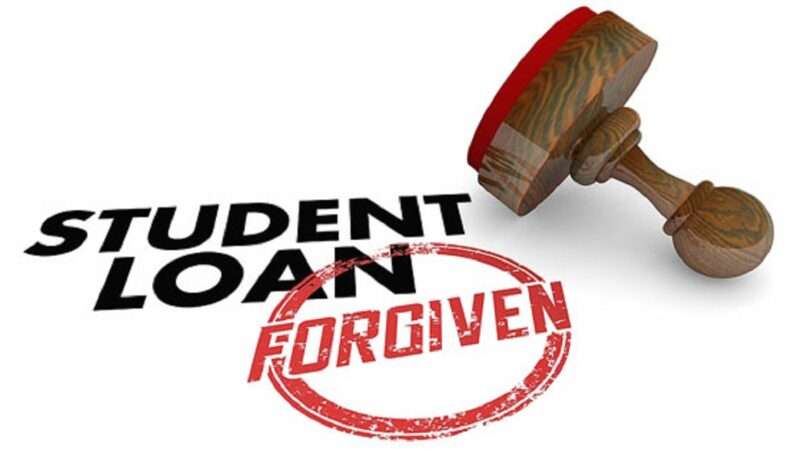

As co-blogger Jonathan Adler notes, the Supreme Court has decided to hear one of the cases challenging the legality of President Biden’s massive $400 billion loan forgiveness plan. The justices will consider both the question of whether the six GOP-led state governments bringing the case have standing to do so, and whether the program is legal.
The Supreme Court also chose not to lift the lower court injunction blocking implementation of the plan in the meantime. Thus, the plan will remain blocked at least until the Supreme Court hears oral arguments on the case in February, and probably until the Court reaches a decision (which will likely happen by June). The Biden Administration had requested that the injunction be lifted immediately.
Technically, the Court did not actually reject the Administration’s request to overturn the injunction, but merely indicated consideration of it is “deferred pending oral argument.” But the effect is much the same. As a practical matter, I think that if a majority of justices expected to rule in favor of the plan, they would probably have also lifted the temporary injunction. That isn’t definitive proof that the Court will ultimately rule against the loan forgiveness plan. But it is nonetheless a bad sign for the administration’s position. Or so, at least, it seems to me. But I admit it is possible there is some angle I am missing here. We will know more after the oral argument!
In previous posts, I assessed the Eighth Circuit court ruling that the justices will review in this case, critiqued the district court decision that the Eight Circuit overturned (the district judge had ruled that the states lack standing), and outlined flaws in the administration’s legal rationale for the plan, which relies on the 2003 HEROES Act. The Administration’s approach has much in common with Trump’s effort to use emergency powers to divert military funds to build his border wall (which, for those keeping score, I forcefully opposed at the time). I also highlighted the dangers of the ultra-narrow theory of standing that the administration is relying on to try to prevent courts from reaching the merits. Like Jonathan Adler, I think it unlikely that the Administration will prevail on the merits if the Supreme Court gets to them (and therefore concludes the states have standing).
I know I have been promising to do a post giving a general overview of the loan forgiveness litigation. Due to a combination of illness and the press of other business, that has taken longer than I expected. But I hope to have it soon! In the meantime, however, the significance of the other cases challenging the plan has been greatly reduced by the Supreme Court’s decision to hear this one.
If the Court reaches the merits, that will effectively render the other cases irrelevant. If they refuse to do so because they conclude the plaintiffs lack standing, that makes it unlikely that anyone else can ever get standing to challenge the plan, because the plaintiffs here have a stronger rationale for standing than any others so far.
UPDATE: The one exception to my very last point is that the newly Republican-controlled House of Representatives could potentially get standing to file a suit even if the state plaintiffs can’t. See my discussion of the relevant precedent (which arose from the then-Democratic-controlled House’s challenge to Trump’s border wall funding diversion) here.
The post Supreme Court Will Hear Case on Legality of Biden Loan Forgiveness Plan appeared first on Reason.com.
from Latest https://ift.tt/9JR3DKI
via IFTTT